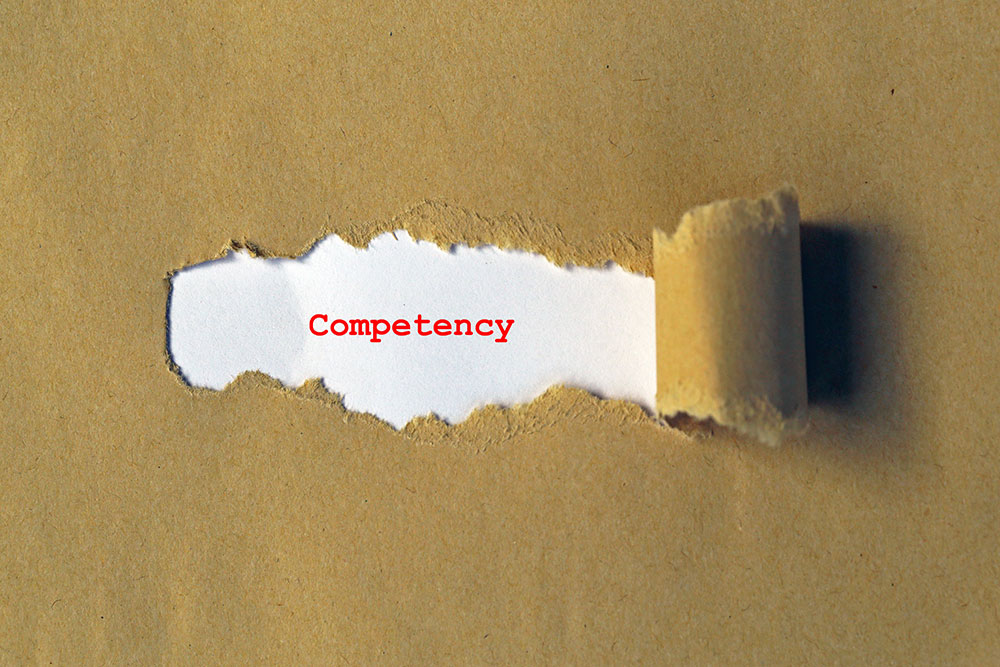In a recent article in the Australian the Australian Industry Group’s Megan Lilly and Victoria University’s Sally Kift call for work to really begin on implementing a revised and updated Australian Qualifications Framework (AQF). The full implementation of the Noonan Review of the AQF is essential, they suggest.
Megan and Sally, who were both members of the AQF Review Panel, point out that the current AQF, now quite elderly, does not facilitate the scaffolding and structures our current tertiary system needs, “and is acting as a major, fundamental barrier to change.” The article suggests the current arrangement is like a bookshelf “on which all the education and training options are stored on dusty shelves.” This, they also point out, makes it “very difficult to change your mind and move between sections or shelves as you learn and develop over a lifetime. It also doesn’t work if you don’t need a whole book, just a short snapshot – like a micro credential.”
The current AQF framework has ten hierarchical levels delineated on the basis of knowledge and skills locked into a laddered progression. However, Megan and Sally believe that “the most striking reform proposed relates to the concept of unlocking the levels.” This will enable movements to be freer as learning pathways have always been more diverse than just ‘onward and upward’.
Thus, the authors suggest that:
“Rethinking and rebalancing the relationship between knowledge and skills opens up an opportunity to accurately capture the needs of current and future labour markets in an authentic way.”
And
“The changes proposed [in the Noonan Review] also include a reconceptualisation of general capabilities – to include language, literacy and numeracy skills, core skills for work, digital literacy and ethical decision making. The addition of ‘psychomotor’ within the skills domain addresses a long overdue omission.”
The new AQF and its effective implementation may also help us move towards a genuine tertiary sector, with greater parity of esteem between VET and HE rather than the ‘chasm’ Megan and Sally believe we have now. So, we need to keep our eyes on the Australian Universities Accord review chaired by Prof. Mary O’Kane to see what emerges from it and the extent to which that review’s eventual findings are taken up. We have highlighted this review and its discussion paper in VDC News earlier this year and will keep an eye on what’s coming out of it down the track.
So, why aren’t things happening?
In a VDC News article a little while ago we highlighted some insights from Craig Fowler, a former senior VET official and Managing Director of NCVER. He suggested that reforms to the AQF:
“have stagnated in the ‘too complex and hard basket’ not only because [the AQF] re-shapes the tertiary system and has flow on implications in rebuilding any consensus on a revised national tertiary funding/financing system; but also because reform has other far reaching, rumbling reverberations. This includes qualification/credential re-design, flow on quality and regulatory changes plus disturbing a multitude of legislative, industrial awards and professional standards all anchored to the AQF.”
On the other hand, Megan and Sally believe an up to date AQF leaves the tertiary sector “much better placed to deal with rapidly shifting education, training and labour market demands over the next decades.”
It is, they believe, a bold reform that won’t be quick or easy. But it is necessary.








